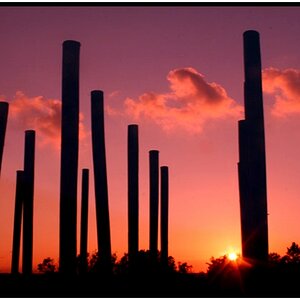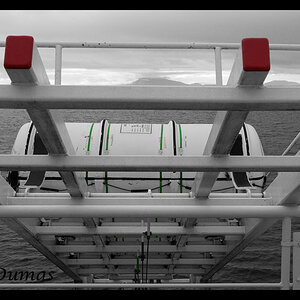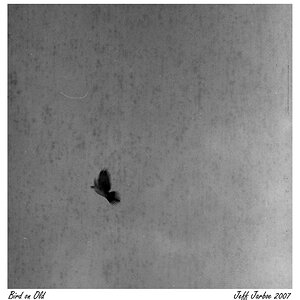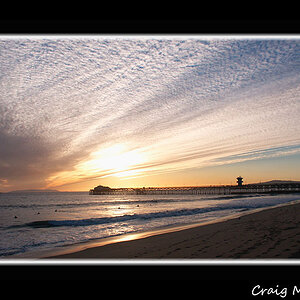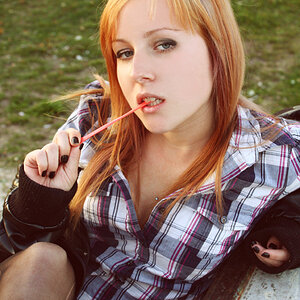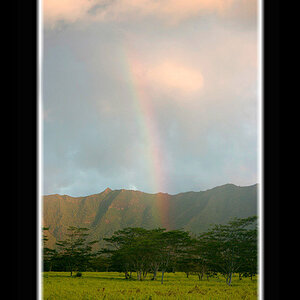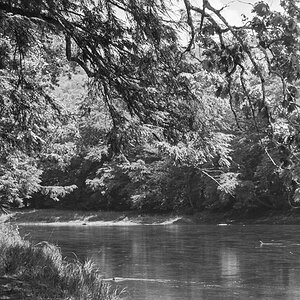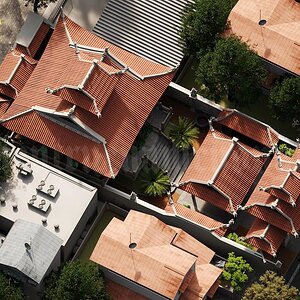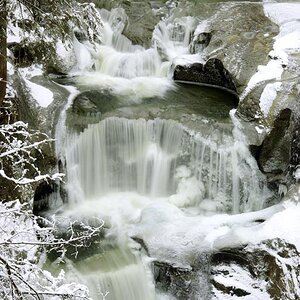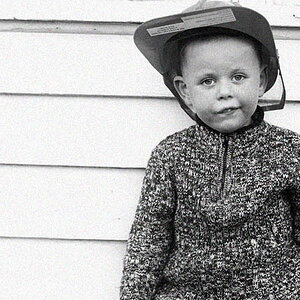johnbergsing
TPF Noob!
- Joined
- May 2, 2009
- Messages
- 64
- Reaction score
- 0
- Location
- Alabama
- Website
- www.johnbergsingphotography.com
- Can others edit my Photos
- Photos NOT OK to edit
Right now I've only got my 40D. The lenses I take are the 24-70mm f/2.8L and the 70-200mm f/2.8L IS USM. Both are exquisite pieces of glass! I always have my 580EX II, as well. I also have in the trunk of my car, should any of it be needed, two Vivitar 285HVs, four Pocketwizards, light stands and small bungee cords in case I can't use the lightstands. I carry spare batteries, CF card case that holds four cards, CTO gels (1/4, 1/2 and full), as well as green for the fluorescent lights.Oh, and what gear do you take with you (and which lenses) when shooting a wedding?


